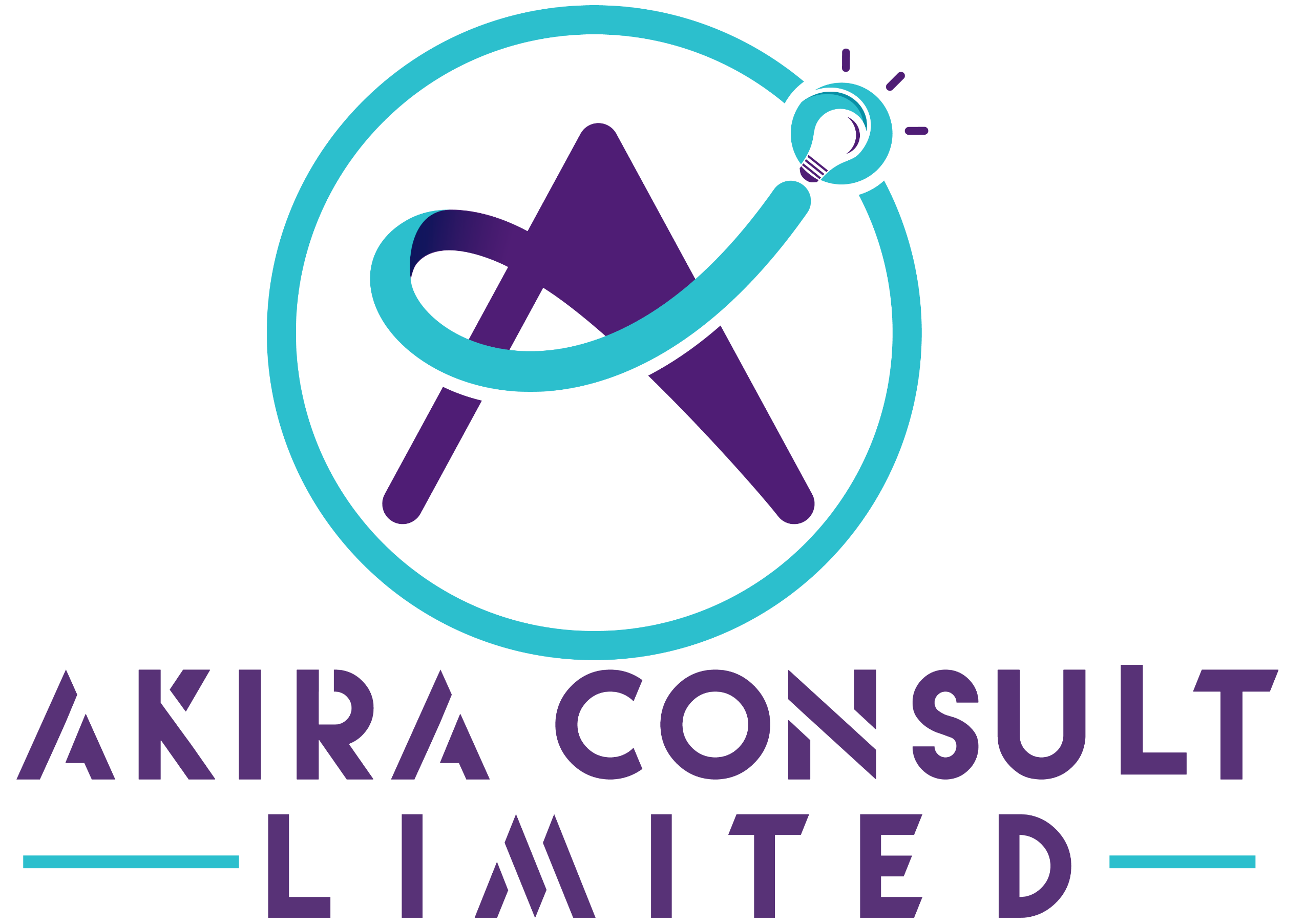Board Myths for SMEs- FAQs
Last week, Akira Consult was invited by Springboard Capital- a financial lending and advisory institution to debunk Board myths for its clientele, consisting of SMEs. To prepare, we accepted the brief and had a call on the #training needs and put together slides to guide the conversation. We have today participated on FAQs on the twitter space on the same subject💡
So as a recap, here are highlights on the discussion points:
1. There are Micro enterprises, Small enterprises and Medium enterprises #smes The Micro and Small enterprises are governed by the Micro and Small Enterprises Act 55 of 2012 under the Micro and Small Enterprises Authority within the Ministry of Co-operatives.
2. Micro enterprises (1 to 10 employees)do not require a board, a business coach or mentor would do. A small enterprise (10-50 employees)can opt to have a Board if structurally and financially ready but an Advisory Board would do fine. A Medium enterprise (between 50- 100 or 50-250)according to the #unitednations definition)definitely requires a Board. Good #governance is actually the secret sauce to an organisation’s success.
3. To create your Board, start by doing a #swotanalysis of your business. Board Members can be individuals whom you need guidance to exploit your opportunities and as well manage your threats.
4. There are types of influences that you need on your Board; the CEO whisperer who brings wisdom and is a mentor to the CEO. The Industry Expert who shares knowledge and brings industry credibility. The voice of the client who can empathise with both internal and external stakeholders and finally, the Diplomat who opens doors for the business.
5. Once in place, you need to derive value from your Board. One of the FAQs was whether you should pay/remunerate your Board. Short answer is YES, even if a token payment in appreciation of their service. This varies in larger corporations where a board compensation framework should be in place.
6. Key performance indicators of an effective Board: Is the Board a dedicated partner to management through thick and thin? Also, is Management transparent with the Board on the organisations progress to get the right guidance? Is the Board focussed on strategic issues or are its meetings an extension of management meetings? Finally, does the Board work well as a team, are politics at play and is every member pulling their weight according to their roles at play?
7. Not putting thought to when to incorporate your Board or who to sit on it can distract the business agenda, so choose wisely. Your network is your networth and you must have a compelling vision for an individual to serve on your Board.
I love how one of the participants on twitter put it today; ‘Board members should be watching and guiding the dance from the balcony and not from the dancefloor’
Reach out to us at enquiries@akiraconsult.ke for us to train your management/ board/ or clients on these and other governance topics!
- Nairobi
- +254 115 809312
